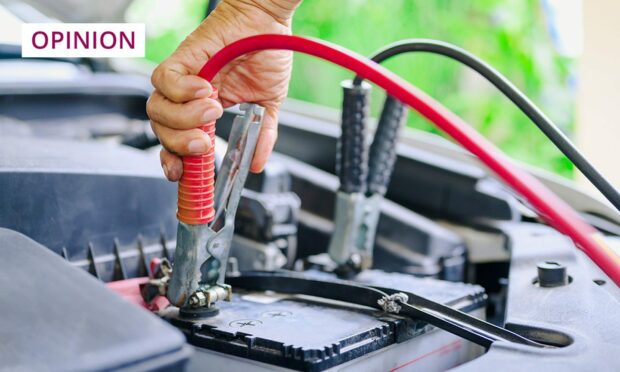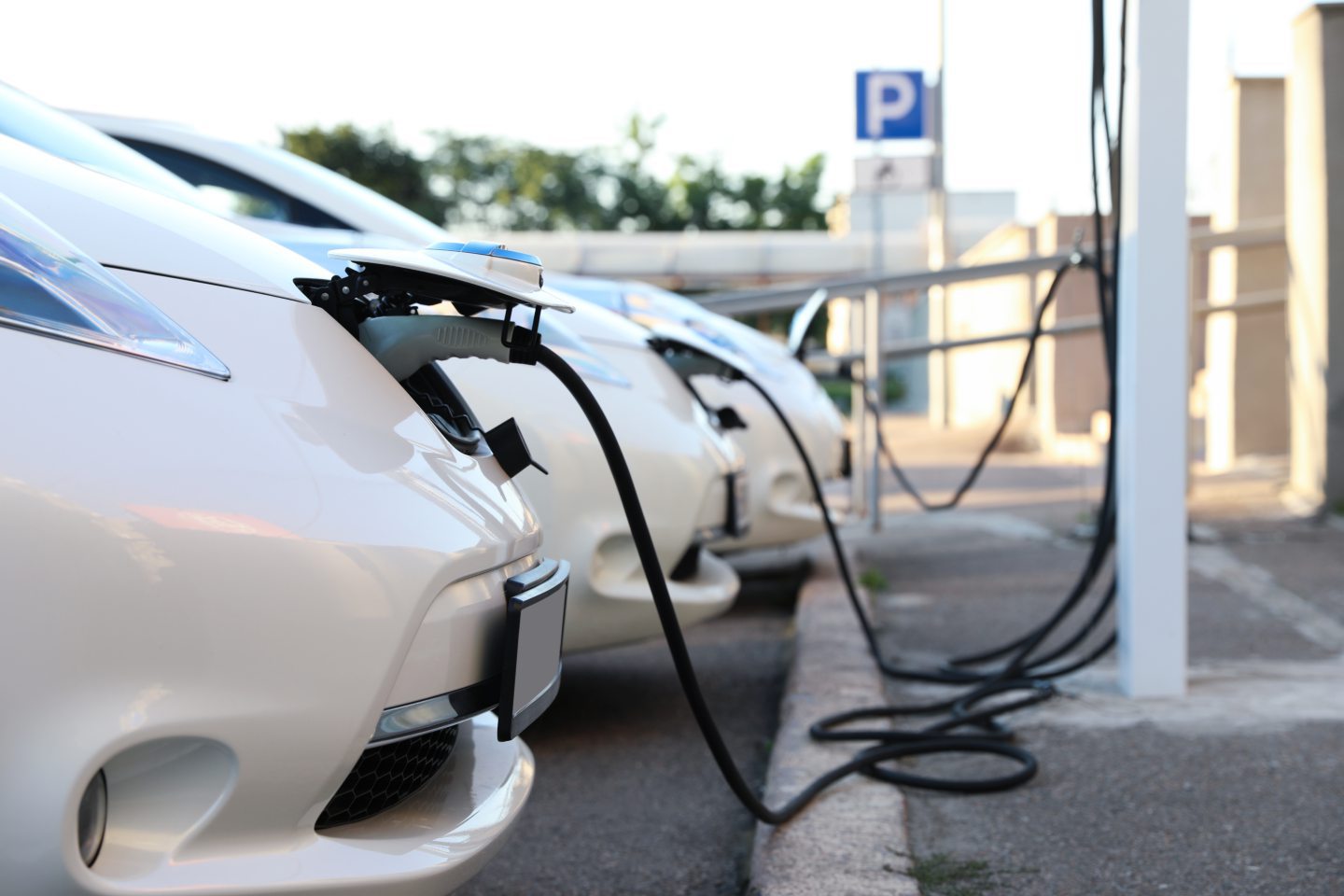I’ve always had a hankering for life without a car. Horrible, complicated, expensive things.
I treat car chat the same way I do house-price chat: mate, we’re not granted long on this vale of tears, go read a novel.
I suspect this disinterest is partly situational, due to the fact I’ve never been able to afford a decent motor. Were I a rich man, I might well be the kind of enervating petrolhead who steers visitors into a purpose-built garage full of beautifully lit vintage Porsches and Ferrari concept models. Who knows.
But, given that option will never be open to me, such gear lust as I have is concentrated solely on electric guitars that look like spaceships. When left to my own devices, I walk most places or take public transport.
For the past fortnight – what turned out to be a long two weeks – I have finally been granted my wish for the car-free life. Eldest daughter borrowed our ancient, rusting Vauxhall to take her friends for ice cream and, when she came back that evening, forgot to switch off the lights.
Our car is proximate enough to the horse-and-cart era that the lights don’t automatically shut down with the engine. In the morning, the battery was as flat as Tory election prospects.
This, I know, is not the end of the world. The problem was the timing: we were heading off on a short holiday to Carnoustie that day, and were supposed to be driving there.
Holiday without a car wasn’t much of a holiday
Even with my lack of technical nous, that a car engine makes as much sense to me as a map of the Carolingian Empire, I knew what to do in these circumstances. I called a pal, who came round in his giant Range Rover and linked up the jump leads. Unfortunately, he connected them the wrong way round, setting his own engine on fire and profoundly fritzing our poor machine.
With time of the essence, all that was left to us was to combine train with Shanks’s pony as we made our way – very slowly – to Carnoustie. As the five of us trailed along the street, in order of age and height, dragging our luggage behind us, we resembled a prison chain gang, or perhaps that famous image of Wayne Rooney and his family emerging from the sea. It reminded my Glaswegian wife of her childhood trips to rainy Rothesay in the 1970s, before the British realised that fitting wheels to suitcases wasn’t some soft continental indulgence.
Oh, and we had the dog with us: a highly-strung, excitable Vizsla, who is averse to walking in straight lines or at any pace shy of a gallop, and who spends train journeys serenading her fellow passengers with an array of wolfish howls. By the time we made it to our destination, we were all sweaty, bad-tempered and wrung out. Happy holidays!
We repeated this grim journey in reverse a few days later, having spent much of the break grumping at each other. My tight-fisted reluctance to pay for taxis had made me particularly unpopular, and the dog and I were banished to the rear of the train where we sat on the floor, yowling and whimpering at one another.
Carless life is complicated
The friendly man at the local repair garage, who probably pays for his own Caribbean holidays from our increasingly regular contributions to his business, said he had to order something called an alternator, ensuring we would be carless for a further week.
The children, used to being chauffeured on even the shortest journeys by mum or dad, were forced to walk everywhere as their school holidays drew to a close.
Trips to the cinema were, apparently, transformed into Calvary-esque labours; the supermarket was unattainably distant; the town centre might as well have been on the outskirts of Alpha Centauri.
To be honest, this was not how I had envisioned my eco-friendly, cut-price, low-hassle, non-car existence. There seemed to be no end of small and simple tasks requiring access to a vehicle, and which became exasperatingly difficult without one. Not to mention the eye-watering expense involved in taking a train anywhere, if it wasn’t delayed or cancelled, or the soul-sapping tedium of waiting for a bus.
Sticking with what I know
Our car has – and this might by now be obvious to you – reached the stage where it needs to be replaced. This year alone, it has cost us more to fix than it is worth. The only thing that has prevented me entering into the process of buying a new one is my profound aversion to dealing with the faux-chummy, dead-eyed, human replicant that is the car salesman.
What to do? If I could, I’d hang on for jetpacks, or until it’s feasible to fit a hot-rod engine and tail fins to a Fender Jaguar
I still don’t know if I should be going electric – too many alarming stories about faulty batteries, a lack of charging points, and the initial expense. And the kind of large vehicle that fits us all in is increasingly viewed by bien-pensants as a dangerous, road-blocking, cyclist-threatening extravagance.
What to do? If I could, I’d hang on for jetpacks, or until it’s feasible to fit a hot-rod engine and tail fins to a Fender Jaguar. I suspect, though, I’ll simply drag my heels and squeeze some more from my poor, glue factory-ready Zafira. And make sure my daughter turns its lights off.
Chris Deerin is a leading journalist and commentator who heads independent, non-party think tank, Reform Scotland


